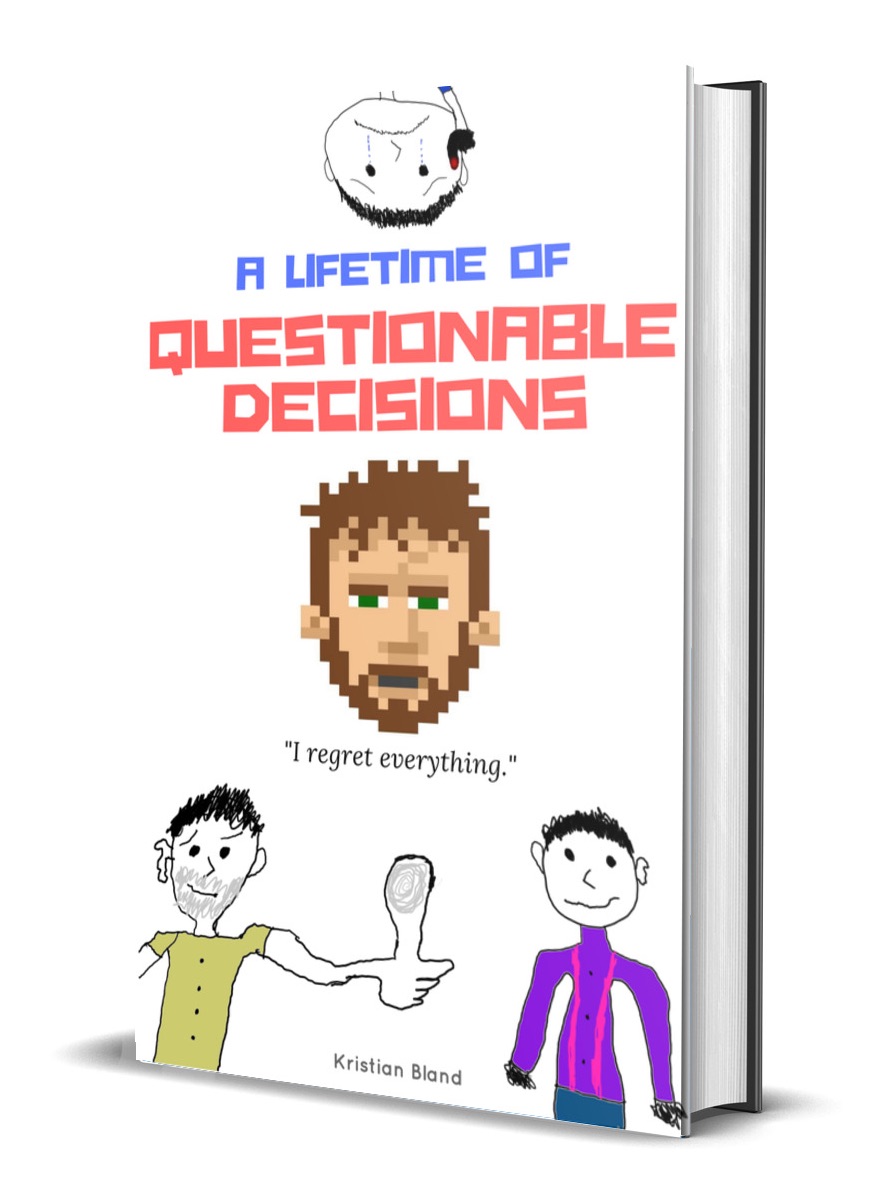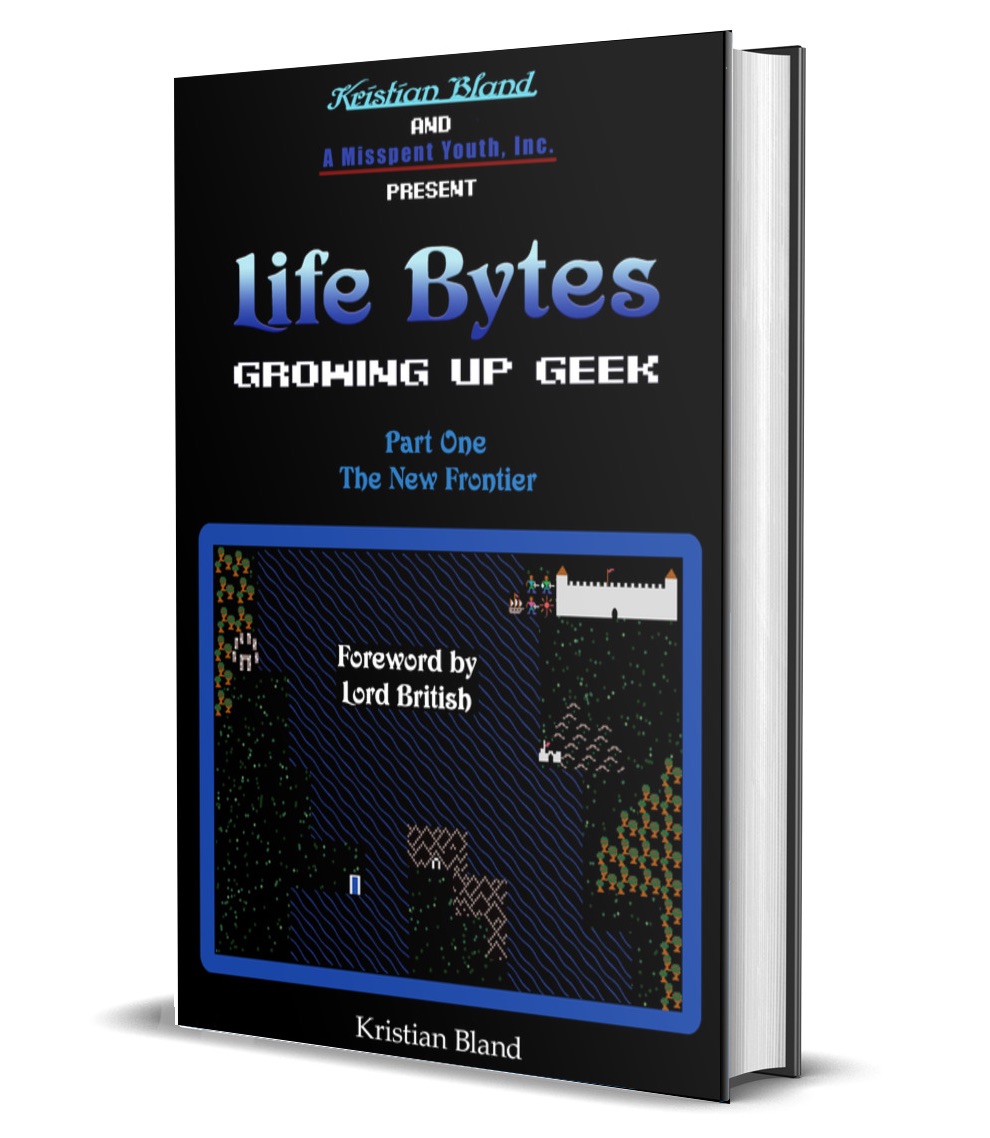Posted on July 20, 2023
Artificial Intelligence Doesn’t Exist, Actually
Although you wouldn’t know it from the cacophony of nonsense spewing forth from the slack-jawed maws of jellyheaded techbros, insufferable influencers, wannabe experts, and fake-it-till-you-make-it con artists entrepreneurs all shouting the contrary – AI doesn’t exist, actually.
Machine learning exists.
Large Language Models exist.
Algorithms exist.
But AI? Not so much.
AI won’t take your job, either. Well it will, but not because it’s remotely capable of doing your job – it isn’t (because AI doesn’t exist, actually) – but it will take your job because some bozo with an MBA and a weekend habit thinks it can. A whole lot of people are going to get sacked simply because toddler princes are running the kingdom with Dunning-Kruger confidence and Artificial Intelligence PhDs they printed off the back of a cereal box in the copy room last Thursday when Donna wasn’t looking.
The good news is that it doesn’t mean you won’t eventually get your job back. It’ll just be a different job that pays less and demands more because you’ll be the one cleaning up all the garbage some generative AI produces for the intellectually destitute “prompt engineer” your boss hired to command the robots at a rate five times higher than what he was paying all the people he fired so AI could take their jobs.
Just look at what’s happening with the writer’s strike. Studios want to be able to use generative tools to “write” screenplays and then pay actual writers even less than they do now to edit the silly little chatbot’s silly little output and create something of quality from the questionable mishmash the bot spits out since it has no way of knowing if a joke is funny or if a tear-jerker will jerk any tears. It doesn’t understand how to elicit any emotion because it doesn’t even know what emotions are.
Because AI doesn’t exist, actually.
Of course, for computer and data scientists, the catch-all term of “artificial intelligence” does exist and is used interchangeably with other aspects of the field, but no true expert (or anyone who understands anything) believes any of the systems people are currently hocking as “AI” are in any way intelligent. Because they’re not – but you wouldn’t know that from all the NotScientists™ promising revolutions.
“But,” I hear you shouting, “Elon Mush and Sam Walkman believe it! Microsoft and Google, too! Not to mention my buddy Earl down at the Gas-N-Sip or that hopped-up dropout I knew in college who’s inventing the next big AI tool! How could they all be wrong? They’re changing the world!”
Well, sure. They’re changing the world, all right – one Greater Fool at a time. Invest early, kids. Get in on the ground floor of the latest reskinned GPT-3 or 4 or 5 or 6-7-8… (or any other float in the parade of constant loathing made up of all the other LLMs doing the exact same thing).
Ever notice how there are never any actual scientists on the stage whenever any of AI’s industry leaders are talking? Sure, there are plenty of CEOs and C-Suite sycophants in hoodies and business casual cargo shorts their wives keep begging them to throw away – but where are all the computer scientists? The data scientists? The really real linguists? You know, the actual experts and not just a bunch of salespeople and sometimes an engineer. Why are they always absent?
It’s because all of these “amazing” new AI tools do the same thing, and none of them are remotely intelligent. (And the scientists know that. Because AI doesn’t exist, actually.)
All these chatbots do is break your prompt down into a statistical model they then compare against the datasets they were trained on to look for patterns and statistically predict the next word (or pixel) with varying levels of accuracy. It’s playing Guess Who with numbers, not thinking. That’s it. That’s the tweet.
LLMs don’t understand their prompts. They don’t understand any of the words in their prompts. They can’t interpret symbolism and metaphors embarrass them at parties. They are incapable of assigning meaning to anything, and they’re not actually having a conversation with you. They’re not sentient, they never will be sentient, and they will never, ever be capable of any sort of intelligence, artificial or otherwise.
We do not now, nor have we ever, had an artificially intelligent system of any kind. At all. Because AI doesn’t exist, actually.
I get why so many business people are so excited about generative AI, though. You know the type – the Big Brain Idea Guys who believe that having ideas is some magical thing that only they can do, and are completely oblivious to the fact that everyone has great ideas. There’s never been a shortage of ideas – it’s having the talent (or access to investment capital) to realize them that’s in short supply, and generative AI provides a quick pathway to creating something while having exactly none of the skills needed to do much of anything. (Which is where “prompt engineering” comes into play, otherwise known in polite society as simply being able to effectively communicate.)
AI may exist eventually, but it won’t be virginally birthed from an LLM’s sacred loins, no matter how much “it’ll get better” time goes by or how big their datasets get. That’s not how this works. That’s not how any of this works. The technology that may eventually lead to Artificial General Intelligence (or Artificial Super Intelligence if we’re talking about an Effective Altruism / Longtermist’s eugenics-powered fever dream) is fundamentally different from the way Large Language Models work.
Comparing LLMs to AGI isn’t even apples and oranges. One will not and cannot lead to the other. It’s more like Fruit-by-the-Foot and your grandma’s ’67 Coupe deVille that’s been rusting in her driveway since Gerald Ford was president – it’s a wholly nonsensical comparison. Believing that one has anything at all to do with the other only shows just how much your average True Believer doesn’t understand anything.
That’s not to say that ML/DL/LLMs/etc tools can’t be phenomenally useful – we’ve been using them for decades – it’s only after AI became a hip new marketing buzzword that we started calling anything with an algorithm and a dataset Artificial Intelligence, though.
A whole bunch of actual science is done with the help of machine learning. Oodles of physics and medicine and an endless list of other applications are aided by deep learning and sophisticated algorithms. Practically every industry is using – and has been using – some form of what we’re suddenly calling “AI” for decades now. If you’re reading this on or from a social media app or a search result you clicked in Google – you’re using AI right now.
People call it “the algorithm” a lot – the YouTube algorithm, the TikTok algorithm, the Facebook algorithm – they’re all using machine learning and have been all along. It’s likely they’ll all soon be rebranded as whatever “AI-powered” is supposed to mean, but nothing will have fundamentally changed. And the androids will continue to not dream of electric sheep.
Artificial Intelligence as “understood” by the general public and easily duped is simply science fiction masquerading as science fact. Generative AI can’t think or understand or analyze or reason, even if it’s really good at pretending it can. It can’t analyze what it can’t understand because it’s not intelligent and lacks any sort of cognitive ability whatsoever. It’s just finding statistical averages and guessing without ever actually knowing what it’s saying. It’s not Data from Star Trek or C-3PO from Star Wars or even the Sixth Sense kid when he was in that Spielberg movie about Robot Pinnochio.
Because AI doesn’t exist, actually.
During one of tech’s previous Next Big Thing hype cycles, I remember being able to come to only two possible conclusions for anyone who believed NFTs were ever going to amount to anything:
- People who didn’t understand the technology
- People who did understand the technology and were just in on the grift
It’s pretty much the same with AI. If you actually understand how the technology works, you either hop on the hype train and ride it as far as you can or you start writing excessively long rants about how it’s all a bunch of smoke and mirrors because you just can’t take it anymore.
(I guess a third option would just be not understanding any of it but pretending you do, which probably accounts for the lion’s share of early adopters and LinkedIn pundits now that I think about it.)
It’s a money grab right now, which is why every company is rushing some “revolutionary” new AI product to market that isn’t all that new, isn’t revolutionary, and is either just doing the same thing it’s always done but now Siri is called, I dunno, some stupid AI marketing name – or it’s just another LLM doing the same thing every other LLM is doing.
Remember the iEverything craze back in the late ’90s and early 2000s after the translucent iMac (followed by the iPod) came out, when it seemed like every company on the planet started launching iSomething products even if they had nothing at all to do with the internet?
Like that, but today with AI.
You don’t even have to think back that far. Remember ten minutes ago when every company was rushing some “revolutionary” new blockchain product to market? How are those working out today? Or how about five minutes ago when the metaverse was going to change everything? Or a half hour ago, when everyone from respected financial institutions to major video game publishers were going to do something “game changing” with NFTs? Or every day since your brother-in-law went down the crypto rabbit hole and lost his life savings but still won’t stop shouting HODL TO THE MOON every time your wife invites him over for dinner?
Another day, another hustle.
Just because a bunch of companies start shilling nonsense, it doesn’t suddenly stop being nonsense. There’s just a lot of money to be made in tech when they’re marketing something that looks cool, seems inevitable, and is generally misunderstood by nearly everyone involved. There are always plenty of Greater Fools out there, and mining the rich FOMO fields of techbro, Steve Jobs wannabes is lucrative…while it lasts.
When the dust settles and people finally come to their senses, they’ll see generative AI for what it truly is – a collection of semi-useful tools/toys for niche applications that lie a lot and are rarely very helpful outside of being a handy crutch for the creatively and ethically bankrupt. (Also, let’s not forget how incredibly useful generative AI is to scammers and fraudsters and people who want to disrupt the foundational core of democracy. And also some pervs with image generators. Probably a lot of pervs, actually. So many pervs.)
Some form of “AI” will eventually be added to every app and program and service under the sun, even if it’s something that’s always been there and especially if it’s a worse version of something we already have. (Fun fact: “Making worse versions of things we already have” is the unofficial slogan of tech billionaires everywhere.)
Generative functionality will quickly become as ubiquitous as the search box or spellcheck (although nowhere near as useful while also being biased and discriminatory and perpetuating stereotypes while promoting statistical mediocrity all at the same time). People will eventually stop caring, and a lot of folks are going to lose whatever money they had left to invest in Random AI Startup #5,437 after they fell for web3 and blockchain and crypto and NFTs and the metaverse and…
Look, just be wary of anyone selling the latest digital snake oil, whatever it is. Silicon Valley trots out some “revolutionary” new bit of tech every few years so con-artists entrepreneurs can run the startup hustle of faking it while hoping to make it just far enough to be able to pay their daddy’s investment capital back and cash out with a profit before people realize that nearly every tech startup is running the same Theranos scam and Elizabeth Holmes only got caught because she bought her own hype and stayed in the game too long.
Then again, Musk has built an empire out of scamming people and they still believe every lie he sells them, so what do I know? He’s even got his own AI now, which alone should tell you everything you need to know about the scamminess of the whole scammy scam, but invest in whatever you want, I guess. I’m not the boss of you.
But AI still doesn’t exist.
Actually.








You must be logged in to post a comment.